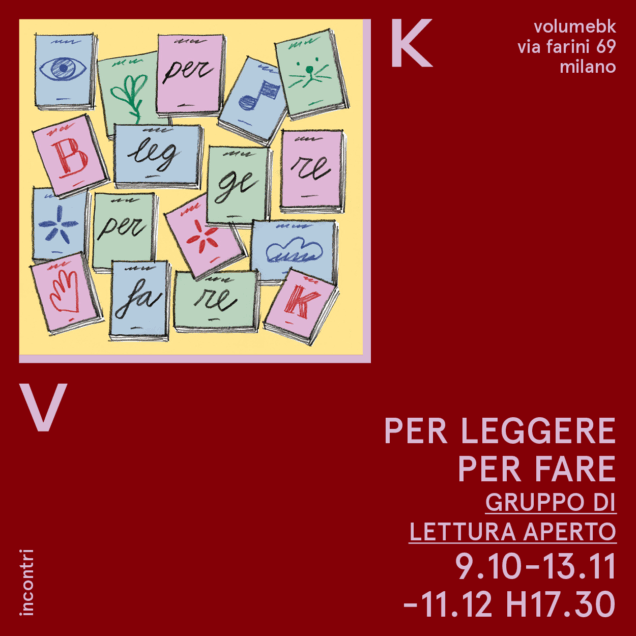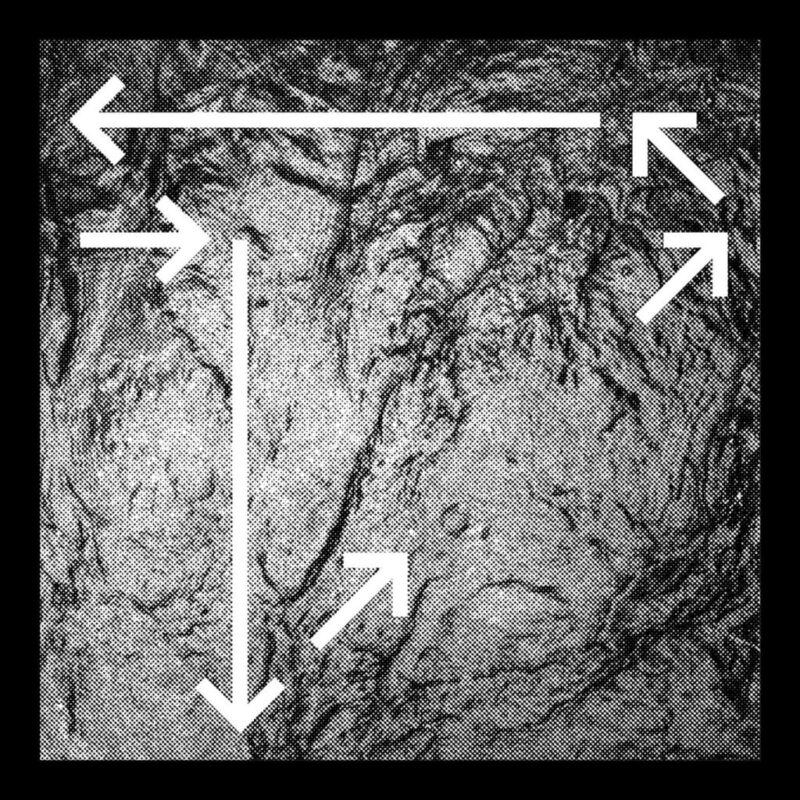
Esplorazioni
Esplorazioni
Rudy Decelière et Marcel Chagrin have known each other for many years, each experiencing a singular mutual tacit comprehension like a kind of silent brotherhood.[...]
In 2014 the occasion to work together was met by a carte-blanche commission to Marcel Chagrin by the Film Festival of Locarno, CH. They decided to be called New Routines Every Day and to record their first album You Never Know What Is Enough / Unless You Know What Is More Than Enough. They prepared their first concert during a session in a studio in Lausanne where the sounds of Rudy Decelière took possession of mind soundscapes while the melodies of Marcel Chagrin suggested the narration. Together a cinematographic universe was created without images and without words which asks the listener to create his/her own story and film frame. You Never Know What Is Enough / Unless You Know What Is More Than Enough by New Routines Every Day
22,00€
Esaurito
Unisciti alla lista d'attesa per ricevere un'email quando questo prodotto sarà disponibile o se si libereranno posti per il corso.
Spedizioni a Milano città, con pony a 3€
Spedizioni in Italia, in tutta Italia con corriere a 6€ o 7.50€, in base al peso
Spedizione gratuita, sopra i 120€ di acquisto, alla spedizione pensiamo noi!
Spedizioni internazionali, con corriere, in base al paese del destinatario e al peso dell’ordine.
Per maggiori informazioni visita la pagina dedicata.
Se realizzi acquisti sul sito hai diritto di recesso entro 14 giorni dal momento della consegna della merce.
Per maggiori informazioni visita la pagina dedicata.
You Never Know What Is Enough / Unless You Know What Is More Than Enough (title taken from William Blake) was written and recorded on analog in 2015 during an intensive week in Lausanne, Switzerland, by Antoine Etter (Sophie Hunger, The Young Gods). By its technical and aesthetic choices, the composition and the recording of the work are intimately linked through many constraints: the analog sound directly mixed to stereo, the limited duration of the magnetic tapes and the limited duration of the vinyls, (etc.) necessarily involve particular attention to the final object, without the possibility of cuts, mixing, or any further improvement. What is recorded is what will be heard!
In addition to these voluntary constraints, the recording pays particular attention to the possibility of a cinematographic narrative. Each piece is composed as a result of the previous one for the sake of coherence of the whole. One could almost say that each piece is a sequence shot. In the end, the film is infinite: it is a consequence of the involvement of the object with the imagination of the listener.